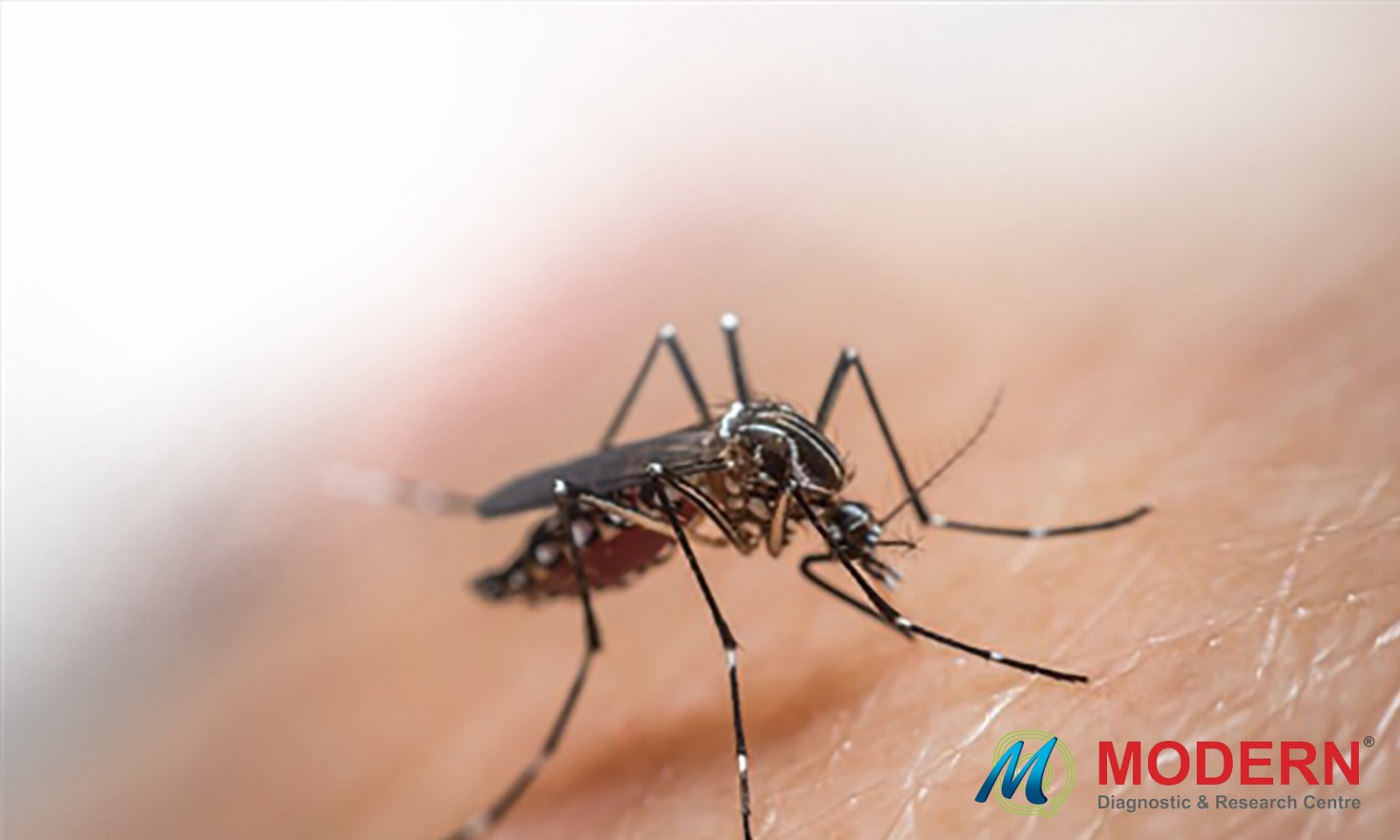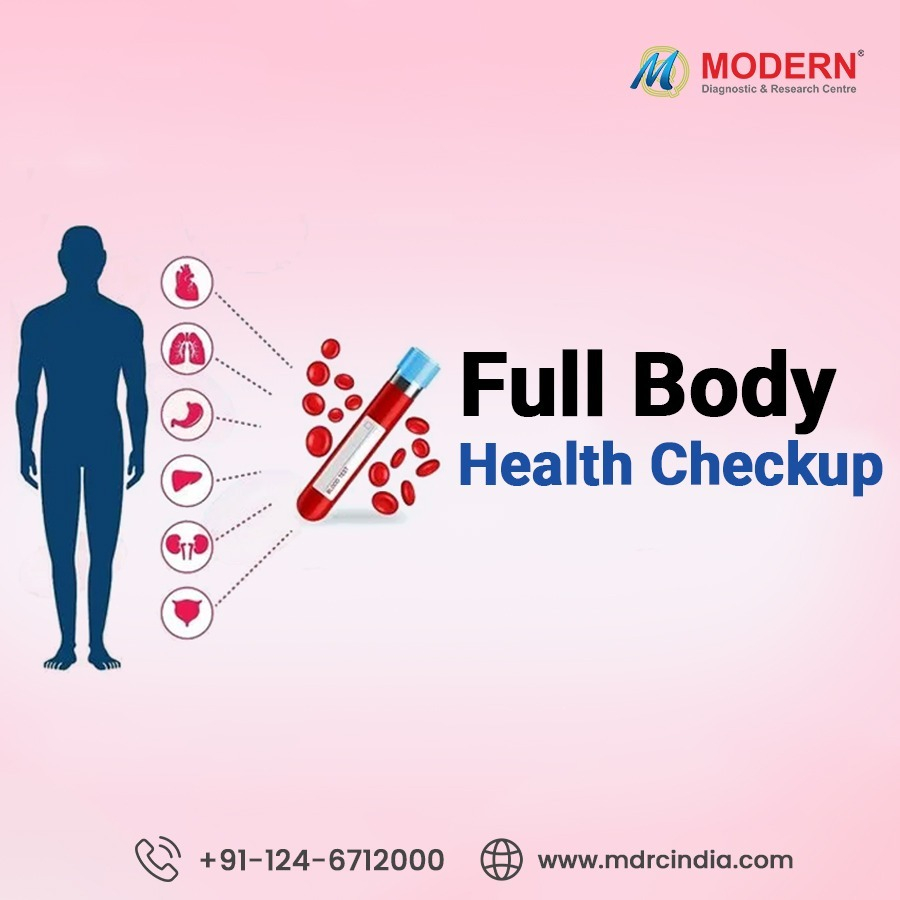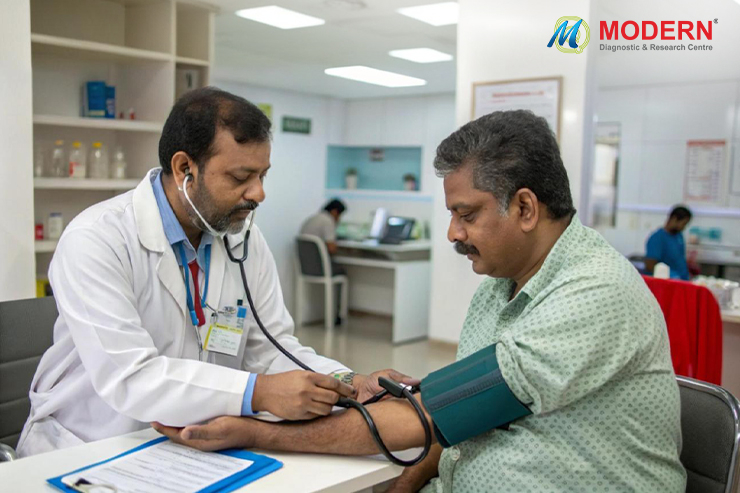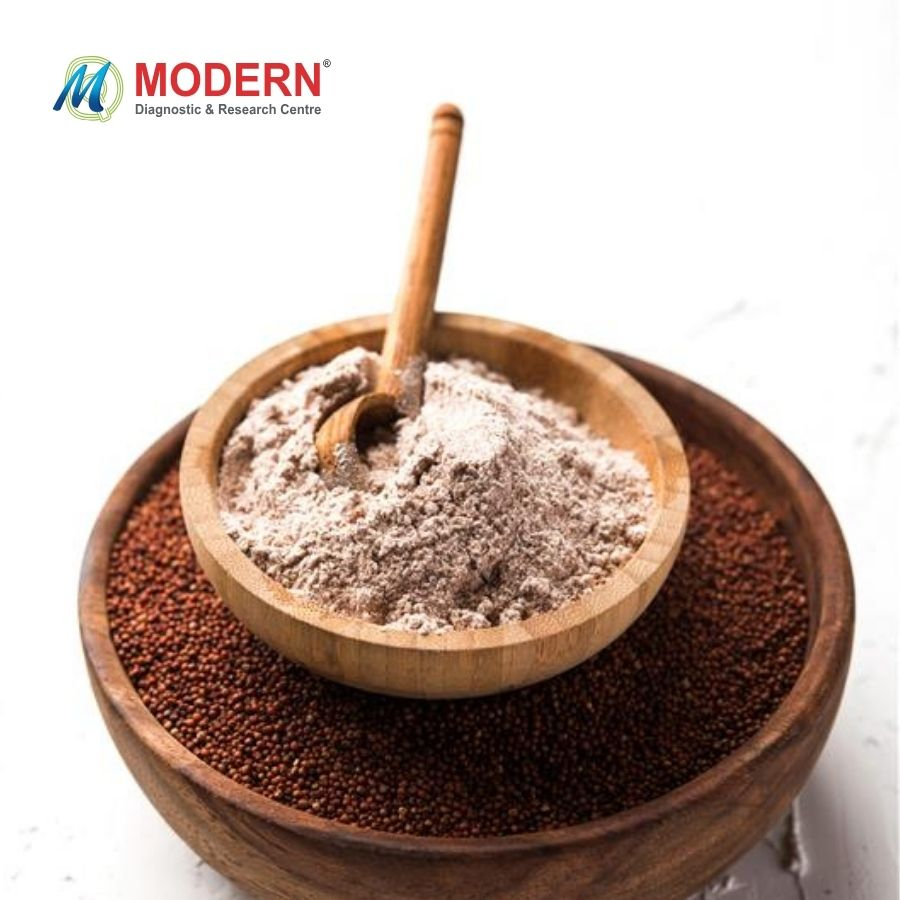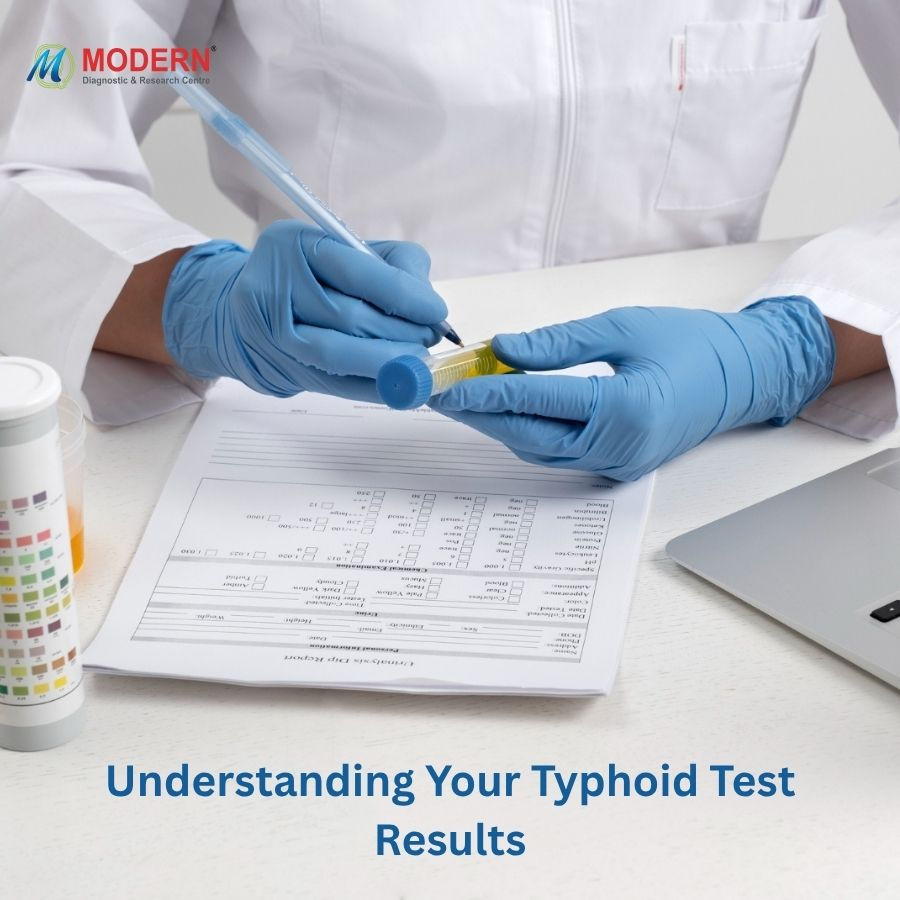Dengue, also known as Break-Bone Fever, is a viral infection transmitted by mosquito bites. It is widespread in tropical and subtropical regions. Most of the people infected with dengue do not have any symptoms and may get better within a week or two however, in case the infection is severe, Dengue can be lethal. India has reported more than 90,000 cases and 91 deaths so far this year however, the actual no. of infected people can be up to 10 times or even more as most of the people show no symptoms and hence never get tested.
Why is the Dengue Test important?
As most people infected with dengue are asymptomatic, there is a high probability that they might not get tested. However, those who get infected a second time are more likely to have a case of severe dengue which can prove to be fatal. To avoid the possibility of severe infection, it is advised to get tested for the same with consultation from your doctor.
Symptoms
Dengue fever which is transmitted through the bite of infected Aedes mosquitoes, has some common symptoms. The initial stage may present symptoms like high fever, severe headaches, and intense joint and muscle pain, which is why it is also known as "breakbone fever." Patients may also experience pain behind the eyes, which is one of its characteristic features. Other common symptoms include nausea, vomiting, and a skin rash. In case of severe infection, dengue can progress to dengue hemorrhagic fever or dengue shock syndrome, marked by bleeding, organ damage, and a sudden drop in blood pressure. Early detection and medical treatment are crucial to managing the disease effectively, as severe cases can prove to be fatal.
Types of Tests
Modern Diagnostic & Research Centre offers 3 types of Dengue tests, NS1 Antigen(RT-PCR), IgM detection & IgG detection. These 3 tests determine if the infection is recent (In the last 7 days), 1-2 weeks old, or if the person was ever infected and has developed immunity to the virus, respectively.
Usually, the NS1 Antigen and IgM detection tests are advised to be done together to ensure that the patient does not have an active infection. The IgG detection test is used to confirm if the patient was previously exposed to the virus.
NS1 Antigen
When The Dengue virus infection is in its initial phase it produces a Non-structural Protein, The NS1 Antigen test detects the presence of this non-structural protein in the body to assess if the patient is recently infected with the dengue virus. The dengue NS1 Antigen test can detect the presence of the non-structural protein, confirming that the patient has been infected with the dengue virus in the last 7 days and the infection is still active.
IgM Test
As with any illness or virus, the immune system of the body starts to defend against it. In the case of the dengue virus infection, the body produces IgM (Immunoglobulin M) antibodies. The dengue IgM test is used to detect the presence of IgM antibodies, confirming that the patient was infected with the dengue virus in the last few weeks and is still active.
IgG Test
Although most dengue cases are non-fatal and in most cases, the infection is so mild that it is asymptomatic, i.e. there are no symptoms of the infection. However, if someone gets infected a second time then the chances of the infection turning severe and in some cases even fatal increases up to 10 times. The IgG dengue test is used to detect if the patient has ever been infected with the dengue virus and has developed long-term immunity to it.
Which test should you take?
If you are suffering from any of the symptoms of dengue and want to confirm if you are infected or not, we suggest taking both the NS1 Antigen and IgM dengue test as a combination of both is more likely to provide a clear diagnosis of the infection and start the treatment accordingly.
The NS1 Antigen test is more accurate for recent infections. In contrast, the IgM dengue test can diagnose if the patient has been infected with the dengue virus in the past few weeks but can not detect the infection if it is recent (within a week).
While the IgG dengue test does not help in detecting active dengue virus to a larger extent, it is important to note that the risk of fatality for people who get infected a second time is much greater. With the IgG dengue test patients who have previously been infected with the virus can be made aware and can take caution against the virus.
Book an online Appointment for Dengue Test in Gurgaon at MDRC, one of the best Diagnostic Labs in Gurgaon.



